What do you think?
Rate this book
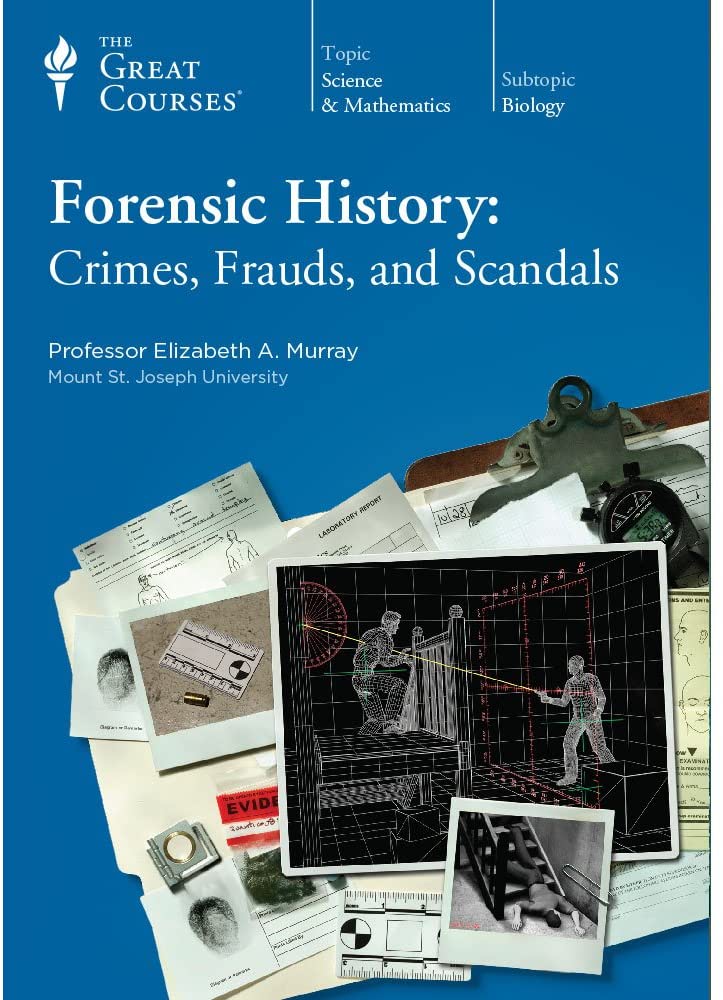

12 pages, Audiobook
First published January 1, 2014
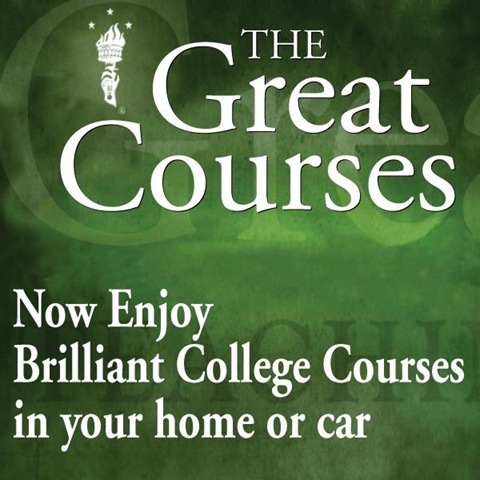

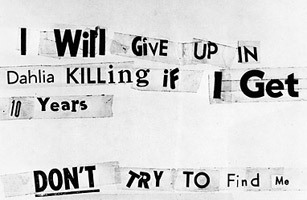
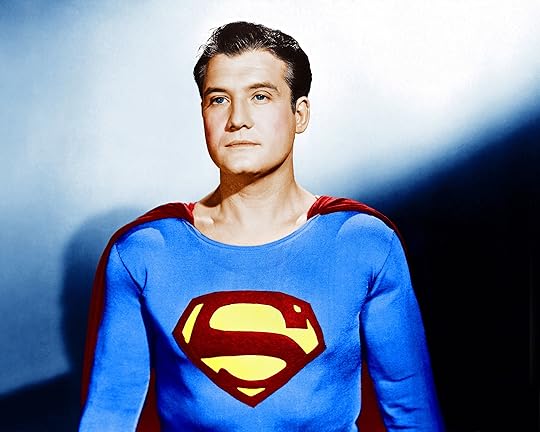 George Reeves died at age 45 from a single gunshot, which remains a polarizing topic; the official finding was suicide, but some believe that he was murdered or the victim of an accidental shooting (1959)
George Reeves died at age 45 from a single gunshot, which remains a polarizing topic; the official finding was suicide, but some believe that he was murdered or the victim of an accidental shooting (1959)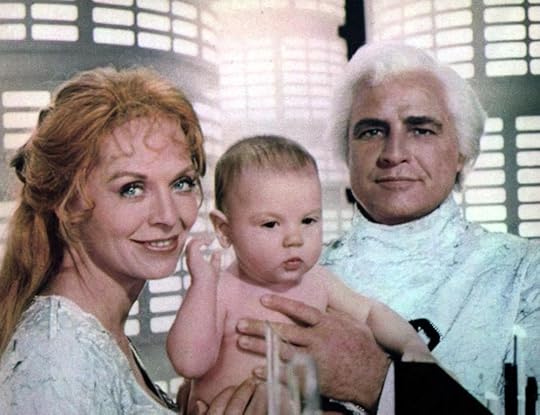 The baby Kal-El: Quigley died at the age of fourteen after inhaling solvents (1991) Superman Curse is established.
The baby Kal-El: Quigley died at the age of fourteen after inhaling solvents (1991) Superman Curse is established.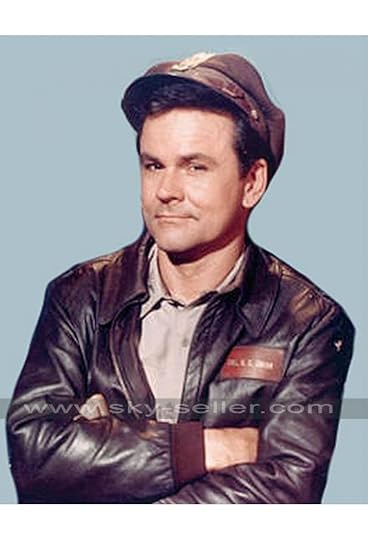 Crane had been bludgeoned to death with a weapon that was never identified, though investigators believed it to be a camera tripod. An electrical cord had been tied around his neck.
Crane had been bludgeoned to death with a weapon that was never identified, though investigators believed it to be a camera tripod. An electrical cord had been tied around his neck. 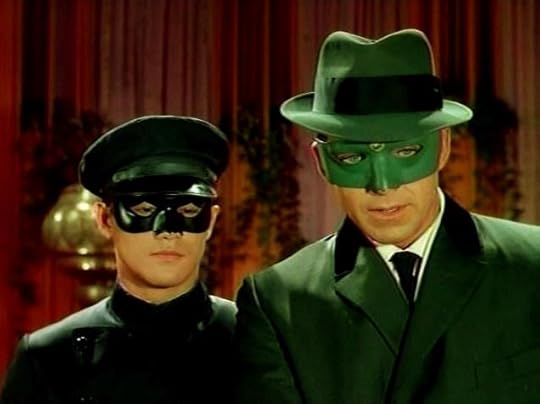 Bruce Lee as sidekick (pun intended)'Kato' to the Green Hornet. Lee's iconic status and untimely demise (1973) fed many wild rumors and theories. These included murder involving the Triads and a supposed curse on him and his family. Bruce Lee Vs Chuck Norris (Way of the Dragon) Climactic Fight to Death
Bruce Lee as sidekick (pun intended)'Kato' to the Green Hornet. Lee's iconic status and untimely demise (1973) fed many wild rumors and theories. These included murder involving the Triads and a supposed curse on him and his family. Bruce Lee Vs Chuck Norris (Way of the Dragon) Climactic Fight to Death 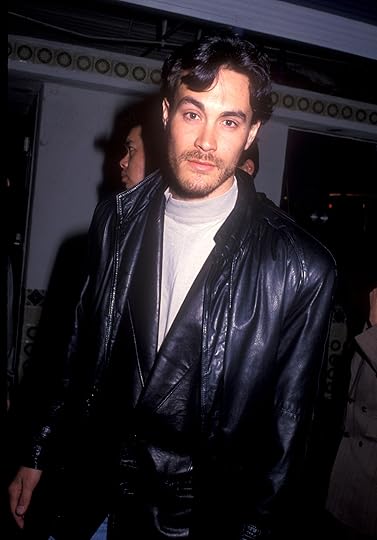 Brandon Lee died of a gunshot wound on March 31, 1993 at the filming studio in Wilmington, North Carolina, at the age of 28, after an accidental shooting on set of The Crow.
Brandon Lee died of a gunshot wound on March 31, 1993 at the filming studio in Wilmington, North Carolina, at the age of 28, after an accidental shooting on set of The Crow.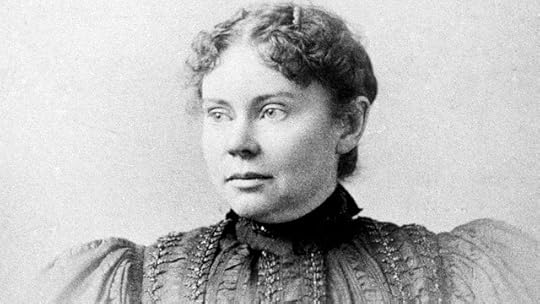 Abby and Andrew Borden were murdered at their home on the morning of Thursday, August 4, 1892.
Abby and Andrew Borden were murdered at their home on the morning of Thursday, August 4, 1892.
Lizzie Borden took an axe
And gave her mother forty whacks.
When she saw what she had done,
She gave her father forty-one.
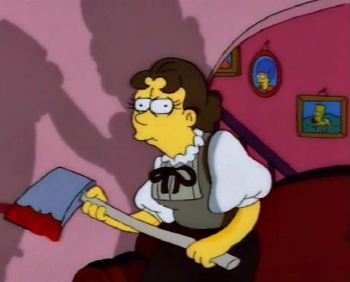
 On August 20, 1989, Lyle and Erik were 21 and 18 years old, respectively.
On August 20, 1989, Lyle and Erik were 21 and 18 years old, respectively.
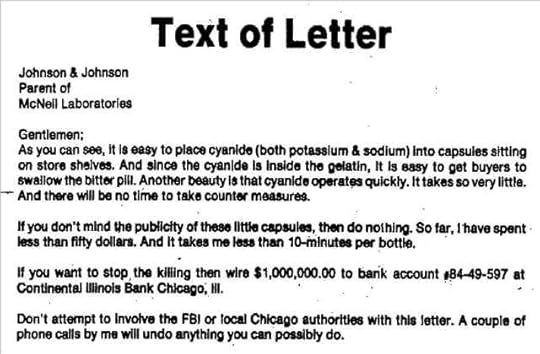
 Piltdown Man: a paleoanthropological hoax in which bone fragments were presented as the fossilised remains of a previously unknown early human. (1912)
Piltdown Man: a paleoanthropological hoax in which bone fragments were presented as the fossilised remains of a previously unknown early human. (1912) John Stonehouse faked his own death (1974)
John Stonehouse faked his own death (1974)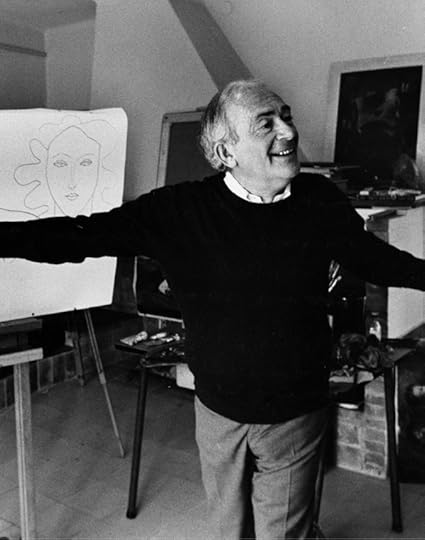 Elmyr de Hory - in 1976, de Hory committed suicide before facing extradition to France to face fraud charges.
Elmyr de Hory - in 1976, de Hory committed suicide before facing extradition to France to face fraud charges. Irving admitted that his book was a hoax. Time magazine dubbed him “Con Man of the Year.”
Irving admitted that his book was a hoax. Time magazine dubbed him “Con Man of the Year.”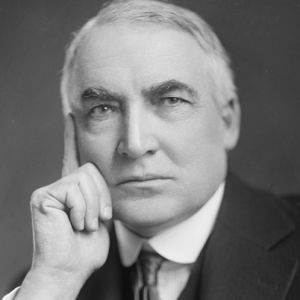 Warren G Harding
Warren G Harding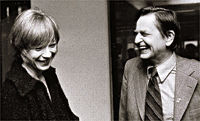
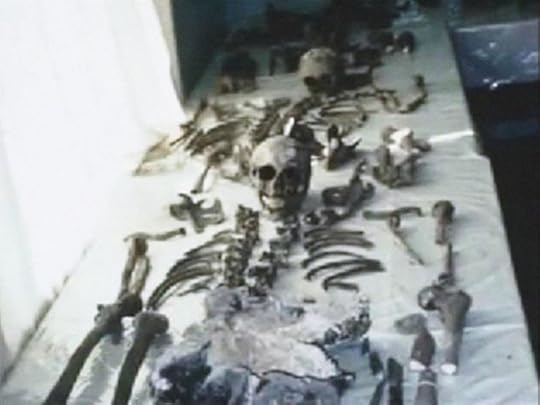
 Armenian genocide: Centenary of massacre of 1.5 million by Ottoman Turks
Armenian genocide: Centenary of massacre of 1.5 million by Ottoman Turks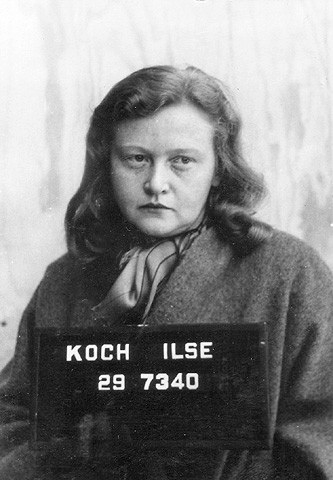
 There is nothing here I would call scholastic, the delivery is as shallow news stories read from an armchair. Interesting enough as a general history yet I wanted to be taught something. If you are interested in forensic science at work then I can recommend FutureLearn for their forensic courses they put on a couple of times a year. The last one was Val McDermid in connection with Dundee uni and was very good.
There is nothing here I would call scholastic, the delivery is as shallow news stories read from an armchair. Interesting enough as a general history yet I wanted to be taught something. If you are interested in forensic science at work then I can recommend FutureLearn for their forensic courses they put on a couple of times a year. The last one was Val McDermid in connection with Dundee uni and was very good.
